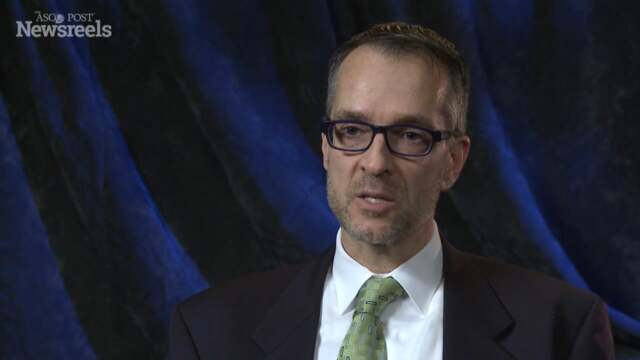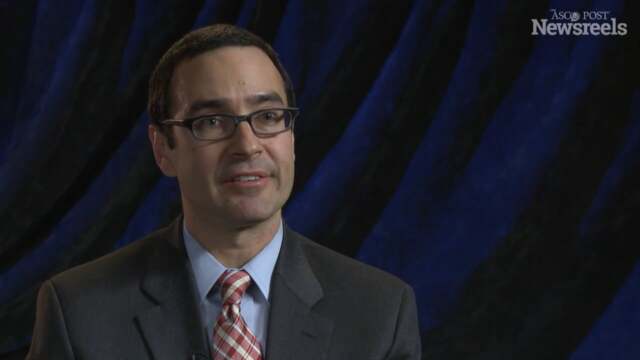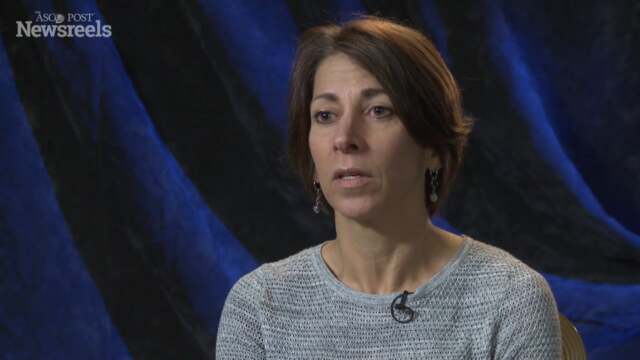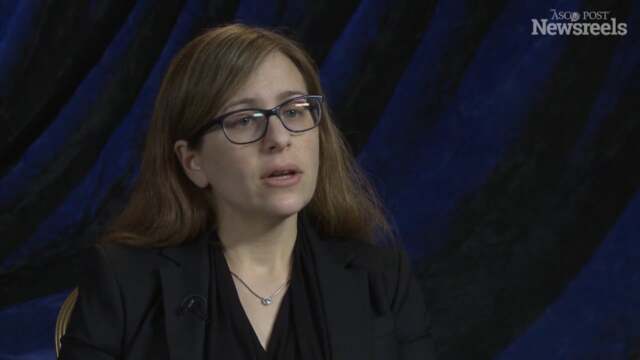Tara O. Henderson, MD, MPH, on Cancer Survivors With Complex Medical Needs
2016 Cancer Survivorship Symposium
Tara O. Henderson, MD, MPH, of the University of Chicago, summarizes a session on the multidisciplinary approaches to survivors with medical needs beyond cancer treatment.
Christopher J. Recklitis, PhD, MPH
Christopher J. Recklitis, PhD, MPH, of Dana-Farber Cancer Institute, discusses these side effects and some practical approaches to managing them with educational, medical, behavioral, and lifestyle interventions.
Craig E. Pollack, MD
Craig E. Pollack, MD, of Johns Hopkins University, discusses a study of survivorship care plans for this special population (Abstract 1).
Kerri M. Winters-Stone, PhD
Kerri M. Winters-Stone, PhD, of Oregon Health and Science University, discusses the results of her study, which showed that, years after treatment, nearly half of women cancer survivors still have symptoms of chemotherapy-induced peripheral neuropathy. The findings may inform rehabilitative programs to prevent falls and injuries (Abstract 130).
Dana Barnea, MD
Dana Barnea, MD, of Memorial Sloan Kettering Cancer Center, discusses data that suggest annual palpation of the thyroid is an adequate and safe means of screening childhood and young adult cancer survivors, a population at high risk for this type of cancer (Abstract 254).
Mary McCabe, RN
Mary McCabe, RN, of Memorial Sloan Kettering Cancer Center, discusses various models of delivering survivorship care.





